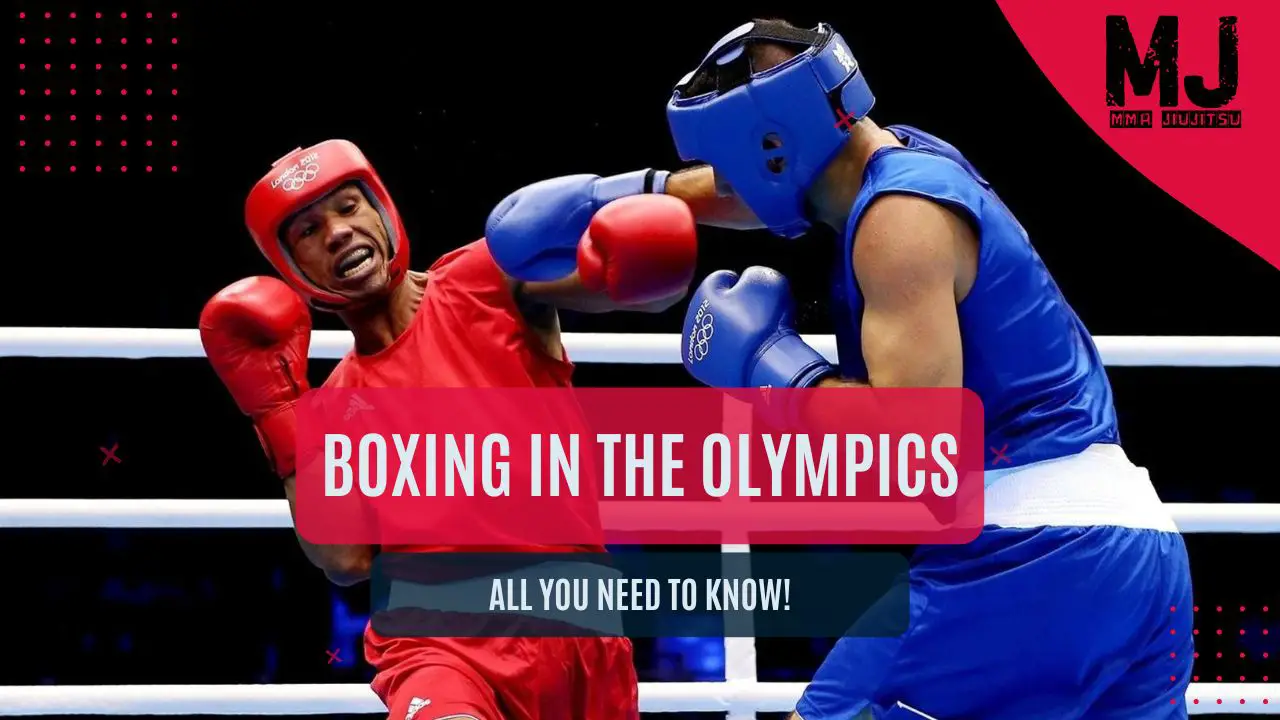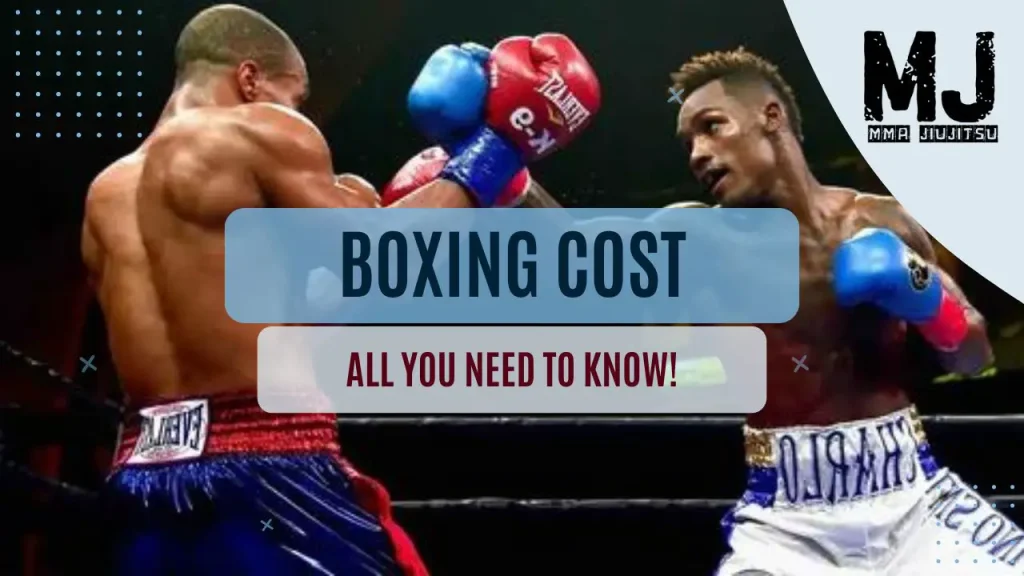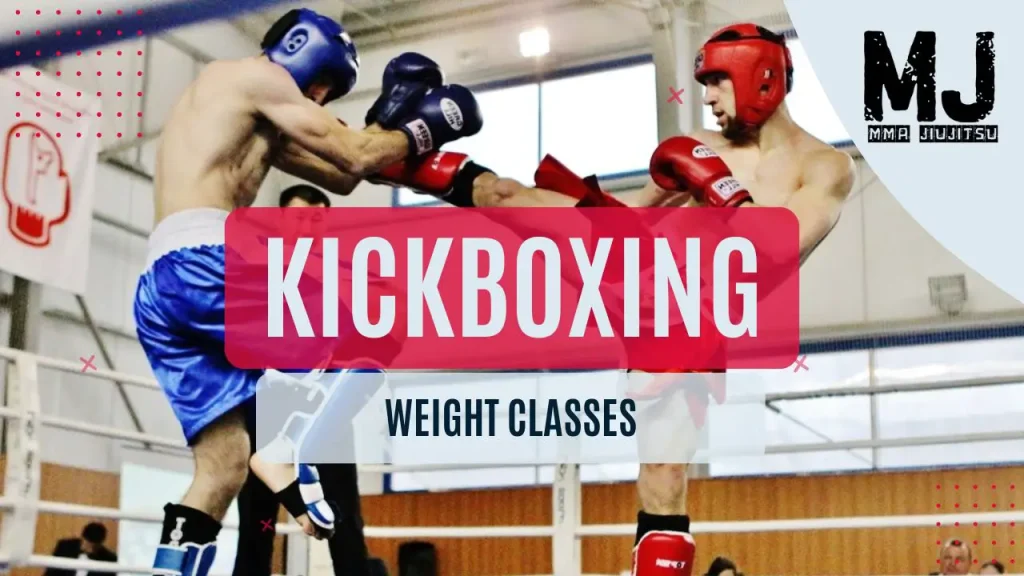Boxing has been in the Olympics for over a century. This martial art symbolizes strength, strategy, and athleticism, drawing millions of fans worldwide.
With its intense competition and historical significance, Olympic boxing remains one of the most anticipated events in the Games. It highlights the best amateur boxing talent from around the world. Stay tuned!
History of Boxing in the Olympics

Boxing’s origins trace back to the 3rd millennium BCE, with evidence found in Sumerian artifacts.
It was introduced to the ancient Olympic Games in 688 BCE, where boxers wrapped their hands with soft leather thongs for protection. The modern Olympic boxing debut came in the 1904 St. Louis Games.
Due to the limited number of competitors, it initially featured only five weight categories and was exclusively for North American athletes.
Over the years, Olympic boxing has evolved, expanding its weight classes and introducing new rules to enhance safety and fairness.
Notably, losing semi-finalists began receiving bronze medals in 1972, a tradition that continues today.
Olympic Boxing Rules and Regulations

Olympic boxing is strictly governed to ensure fair play and athlete safety. Only amateur boxers are allowed, with bouts consisting of three three-minute rounds for men and four two-minute rounds for women.
Historically, male boxers wore protective headgear from 1984 to 2012, but this rule was removed in 2016 due to concerns about concussion risks. Women continue to wear headgear due to insufficient data on its impact.
The 10-point must system is used for scoring, where judges award 10 points to the round winner and 7-9 points to the loser.
Boxers are categorized into various weight classes. At the 2024 Paris Olympics, seven gold medals will be awarded to male boxers, while six will be awarded to female boxers.
| Men’s Olympic Boxing Weight Classes | Women’s Olympic Boxing Weight Classes |
|---|---|
| – 51 kg | – 50 kg |
| – 57 kg | – 54 kg |
| – 63.5 kg | – 57 kg |
| – 71 kg | – 60 kg |
| – 80 kg | – 66 kg |
| – 92 kg | – 75 kg |
| + 92 kg |
Notable Olympic Boxing Moments
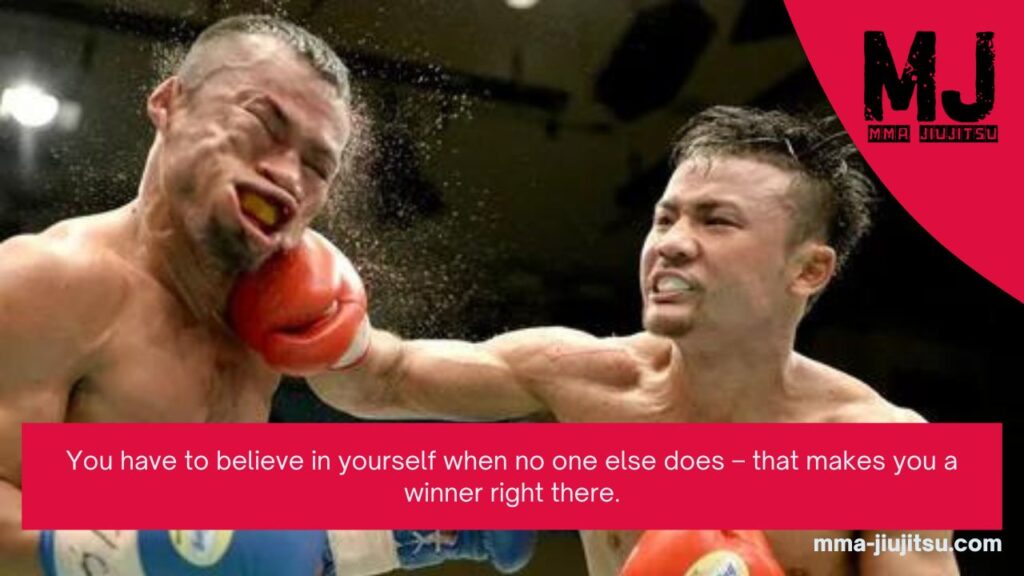
The Olympic boxing ring has been a stage for many historic and memorable moments.
Muhammad Ali, then Cassius Clay, won light heavyweight gold at the 1960 Rome Olympics, marking the beginning of a legendary career.
Other notable Olympic champions include Oscar De La Hoya, who won gold in 1992, and Teofilo Stevenson, who won three consecutive gold medals for Cuba.
The Olympics have also seen controversies like Roy Jones Jr.’s controversial loss of 1988.
Training and Preparation for Olympic Boxing

Preparing for Olympic boxing requires rigorous training and immense dedication.
Boxers undergo intense physical conditioning, technical skill development, and strategic planning. National federations and Olympic committees are crucial in nurturing talent and providing necessary resources.
Athletes typically progress through national championships and regional qualifiers to earn their place in the Olympics.
This journey is challenging and demanding, but for many, it represents the pinnacle of their amateur boxing careers, offering them a global platform to showcase their talents and compete at the highest level.
Women’s Boxing in the Olympics

Women’s boxing was introduced to the Olympics in the 2012 London Games, a landmark moment for the sport and gender equality.
Since then, women’s boxing has grown in popularity, with athletes like Claressa Shields and Nicola Adams achieving significant success.
Shields, in particular, made history by winning gold in the 2012 and 2016 Olympics.
The inclusion of women’s boxing has inspired many young women to take up the sport, contributing to its global development and challenging stereotypes while promoting inclusivity in sports.
The Impact of Olympic Boxing

Olympic boxing has profoundly impacted the sport’s growth and popularity worldwide. The exposure and prestige of the Olympics attract new fans and inspire future generations of boxers.
Many Olympic athletes transition to successful professional careers, further elevating the sport’s status.
The international platform of the Olympics allows diverse boxing styles and techniques to flourish, enriching the sport and fostering cross-cultural exchanges.
Olympic boxing is a crucial stepping stone for athletes, providing them with the experience, exposure, and recognition needed to succeed at the highest levels.
Future of Boxing in the Olympics
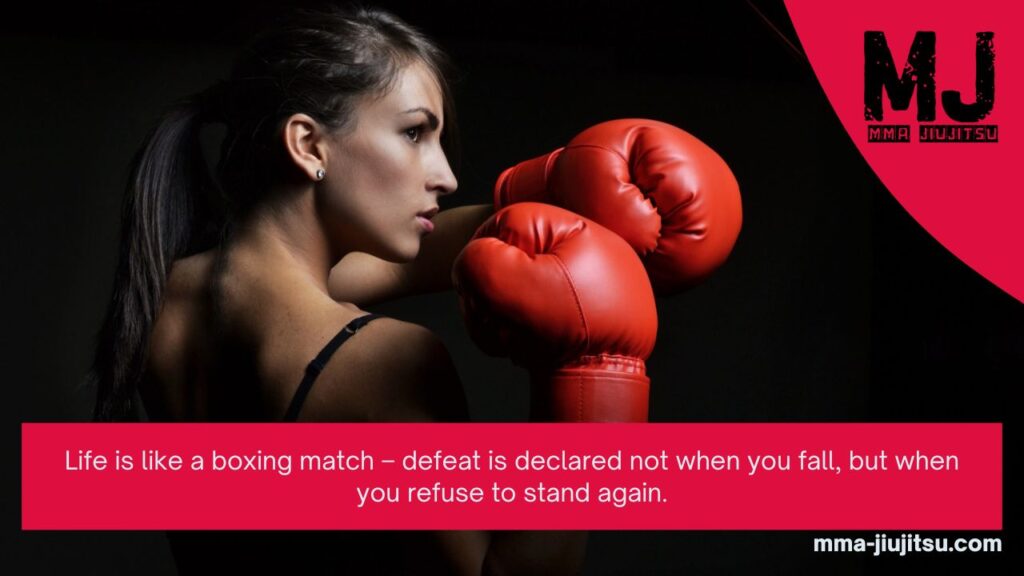
The future of boxing in the Olympics looks promising, with ongoing efforts to enhance the sport’s appeal and integrity.
Innovations such as advanced scoring technology and improved safety measures are being implemented to address past controversies and ensure fair competition.
However, challenges remain, including better judging transparency and combating corruption.
The evolving landscape includes discussions about expanding weight classes and increasing opportunities for women.
As the sport adapts and grows, the Olympics will remain a vital platform for showcasing the best in amateur boxing and inspiring future champions.
Conclusion
Boxing’s significance in the Olympics is undeniable. It embodies the Olympic spirit of excellence, discipline, and perseverance.
The sport’s rich history, thrilling moments, and profound impact highlight its enduring appeal and importance.
As the sport evolves, boxing in the Olympics will continue to captivate audiences and contribute to the global legacy of the Games.
The future holds great promise for Olympic boxing, with continued innovation and a commitment to maintaining the highest standards of competition and sportsmanship.


